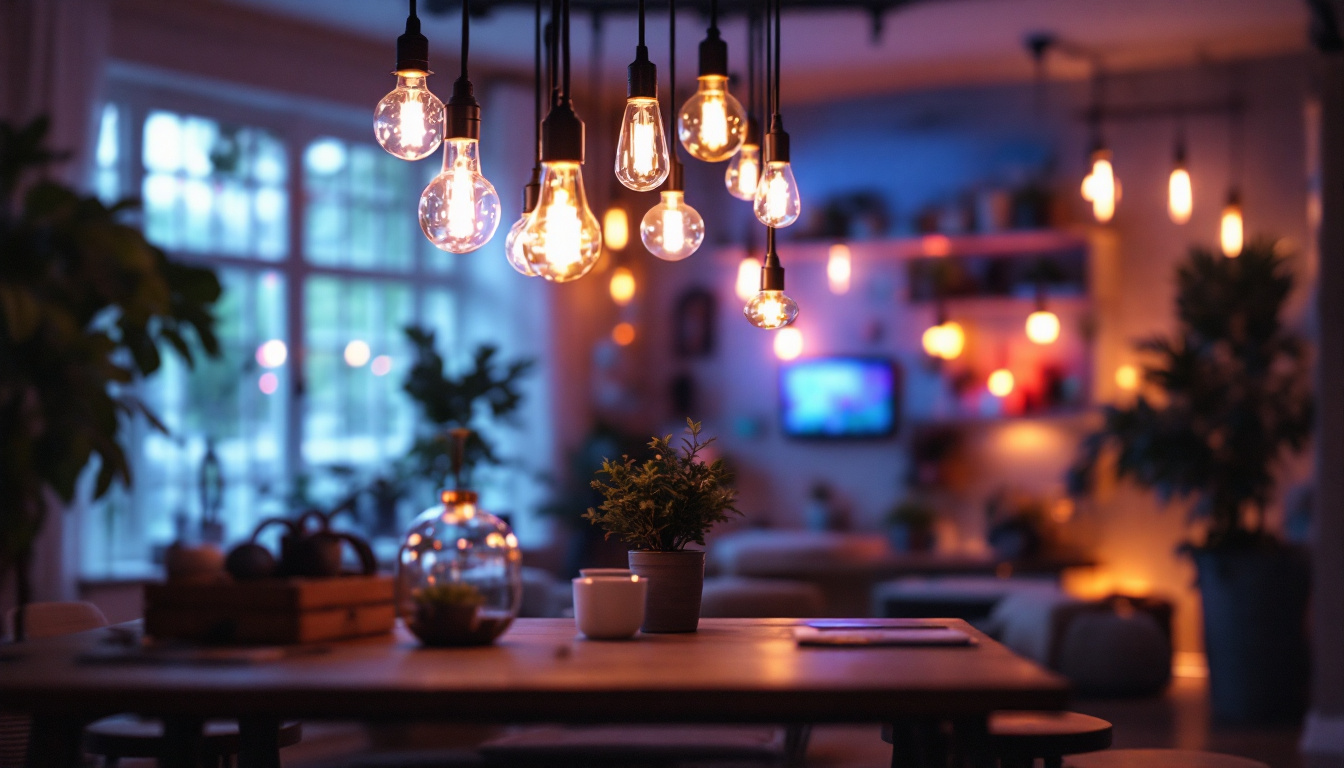
In the competitive world of lighting contracting, the ability to create stunning and functional lighting designs can set a contractor apart from the rest. Decorative lighting plays a crucial role in this process, serving not only as a source of illumination but also as a vital component of aesthetic appeal. This article explores the significance of decorative lighting, the trends shaping the industry, and how lighting contractors can leverage these insights to enhance their success.
Decorative lighting transcends mere functionality; it transforms spaces, elevating environments and influencing mood. For lighting contractors, understanding the importance of decorative lighting can lead to more successful projects and satisfied clients.
One of the primary functions of decorative lighting is to enhance the visual appeal of a space. Whether it’s a residential home, a commercial establishment, or an outdoor venue, the right lighting can create a specific atmosphere that resonates with the intended design theme. Contractors who master the art of decorative lighting can significantly elevate their projects, making them more attractive to potential clients.
Incorporating decorative elements such as chandeliers, pendant lights, and wall sconces allows contractors to create focal points within a room. These features draw the eye and can be tailored to complement the overall design scheme, whether it be modern, rustic, or traditional. Furthermore, the choice of materials and finishes—such as polished metals, textured glass, or natural wood—can add layers of depth and intrigue, inviting occupants to engage with their surroundings on a more intimate level.
Additionally, the color temperature of decorative lighting can greatly influence the ambiance of a space. Warm tones can evoke feelings of comfort and relaxation, making them ideal for living areas and bedrooms, while cooler tones can enhance focus and alertness, perfect for workspaces or kitchens. By understanding the psychological effects of different lighting styles, contractors can create environments that not only look stunning but also feel right for their intended use.
While decorative lighting is primarily associated with aesthetics, it also plays a vital role in functionality. Properly designed lighting can enhance the usability of spaces, ensuring that they are not only beautiful but also practical. For example, well-placed task lighting in kitchens or workspaces can improve visibility and efficiency, while ambient lighting can create a warm and inviting atmosphere.
Lighting contractors must balance decorative elements with functional needs, ensuring that each project meets the specific requirements of the space. This dual focus can lead to greater client satisfaction and repeat business. Moreover, integrating smart lighting solutions can further enhance functionality, allowing users to adjust brightness and color based on their activities or preferences. This technology not only adds convenience but also promotes energy efficiency, aligning with the growing trend towards sustainable design practices.
Furthermore, the strategic layering of different types of lighting—ambient, task, and accent—can transform a space into a versatile environment that adapts to various needs throughout the day. For instance, a dining area can shift from a bright, lively setting during family meals to a soft, romantic atmosphere for evening gatherings, all through the careful selection and placement of decorative lighting elements. This thoughtful approach not only maximizes the utility of a space but also enhances the overall experience for its occupants.
The lighting industry is constantly evolving, with new trends emerging that reflect changing consumer preferences and technological advancements. Staying informed about these trends is essential for lighting contractors looking to remain competitive.
As technology continues to advance, smart lighting solutions have become increasingly popular. These systems allow users to control their lighting through smartphones or voice-activated devices, providing convenience and customization. For lighting contractors, integrating smart lighting into decorative designs can enhance the appeal of their projects.
Contractors should familiarize themselves with various smart lighting products and systems available on the market. By offering clients the option to incorporate these technologies, contractors can position themselves as forward-thinking professionals who understand modern needs. Additionally, many smart lighting systems come with features such as scheduling, color temperature adjustment, and energy monitoring, which can significantly enhance user experience and satisfaction. This level of customization not only meets the demands of tech-savvy consumers but also appeals to those looking to create a specific ambiance in their spaces.
With growing awareness of environmental issues, many consumers are seeking sustainable and eco-friendly lighting solutions. This trend is particularly relevant for decorative lighting, where energy-efficient options such as LED fixtures are becoming increasingly popular.
Lighting contractors can capitalize on this trend by offering clients energy-efficient decorative lighting options. Not only does this align with consumer preferences, but it also contributes to long-term cost savings for clients, making it a win-win situation. Furthermore, many manufacturers are now producing fixtures made from recycled materials or designed for easy recycling, which can further attract environmentally conscious consumers. By highlighting the sustainability aspect of their offerings, contractors can build a reputation as responsible and eco-friendly professionals, appealing to a broader client base.
Another trend gaining traction in decorative lighting is the mixing of styles and textures. Contractors are encouraged to experiment with various materials, colors, and designs to create unique lighting solutions that stand out. Combining different styles can lead to innovative designs that cater to diverse client tastes.
For instance, blending industrial elements with vintage fixtures can create a striking contrast that appeals to modern sensibilities. By embracing this trend, lighting contractors can showcase their creativity and versatility, setting themselves apart in a crowded market. Additionally, incorporating natural materials like wood or stone alongside sleek metals can create a warm and inviting atmosphere, making spaces feel more personalized and unique. This approach not only enhances the aesthetic appeal of a project but also allows contractors to tailor their designs to reflect the individual character of each client’s home or business.
To thrive in the decorative lighting sector, lighting contractors must adopt effective strategies that enhance their offerings and improve client relationships. Below are some key strategies that can lead to success.
Strong client relationships are the foundation of a successful lighting contracting business. By taking the time to understand clients’ needs and preferences, contractors can tailor their designs to meet specific requirements. This personalized approach fosters trust and can lead to referrals and repeat business.
Regular communication throughout the project is essential. Providing updates, seeking feedback, and being responsive to concerns can help build rapport and ensure client satisfaction. A satisfied client is more likely to recommend the contractor to others, thereby expanding the contractor’s network.
Additionally, hosting client appreciation events or follow-up consultations can further solidify these relationships. Such initiatives not only demonstrate a commitment to client satisfaction but also provide opportunities for contractors to showcase new products or services. By engaging clients beyond the project scope, contractors can create lasting impressions that encourage loyalty and repeat engagements.
The lighting industry is ever-changing, and staying informed about new products, technologies, and design trends is crucial for contractors. Pursuing continuing education and training opportunities can enhance skills and knowledge, allowing contractors to offer cutting-edge solutions to their clients.
Workshops, webinars, and industry conferences are excellent avenues for learning and networking. By investing in education, contractors can position themselves as experts in decorative lighting, which can significantly boost their credibility and appeal to potential clients.
Moreover, seeking certifications from recognized industry organizations can further validate a contractor’s expertise. These credentials not only enhance professional standing but also instill confidence in clients who are looking for reliable and knowledgeable partners for their lighting projects. As technology evolves, embracing new tools and software for design and project management can also streamline operations and improve overall service delivery.
In today’s digital age, having a strong online presence is essential for any business, including lighting contractors. Utilizing social media platforms to showcase completed projects, share design tips, and engage with potential clients can significantly enhance visibility and attract new business.
Creating a visually appealing website that highlights services, testimonials, and a portfolio of past work can also serve as a powerful marketing tool. By optimizing online content for search engines, contractors can increase their chances of being discovered by clients searching for decorative lighting solutions.
In addition to social media, engaging in content marketing through blogs or video tutorials can position contractors as thought leaders in the industry. Sharing insights on the latest trends or offering DIY lighting tips can attract a wider audience and encourage interaction. Collaborating with influencers or home decor bloggers can also amplify reach and introduce the contractor’s services to new potential clients, further enhancing their market presence and credibility in the decorative lighting field.
Decorative lighting is not just an accessory; it is a fundamental aspect of successful lighting contracting. By understanding its importance, staying abreast of current trends, and implementing effective strategies, lighting contractors can enhance their offerings and build a loyal client base.
As the industry continues to evolve, those who embrace innovation and prioritize client relationships will be well-positioned for success. In a world where aesthetics and functionality go hand in hand, decorative lighting will remain a key element in the success of lighting contractors.
Ready to elevate your lighting designs and captivate your clients? At LumenWholesale, we provide lighting contractors with the superior, spec-grade decorative lighting products you need to shine in a competitive market. Our commitment to quality and affordability means you can access an extensive selection of top-tier lighting without the burden of inflated markups. Plus, with the convenience of free shipping on bulk orders, you’re guaranteed to get the best value for your investment. Don’t compromise on quality or cost—Wholesale Lighting at the Best Value is just a click away. Partner with LumenWholesale and light up your success today.
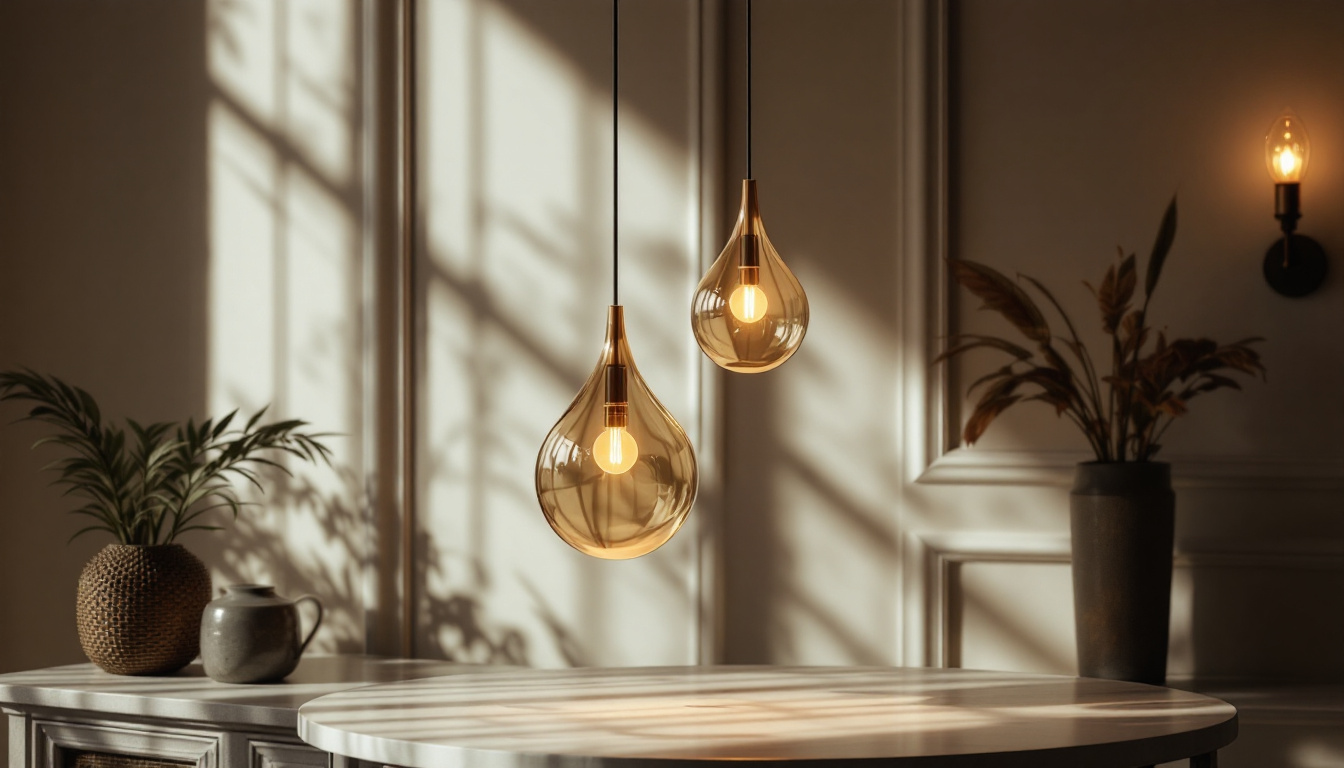
Discover the key insights lighting contractors need to know about pendulum lights.
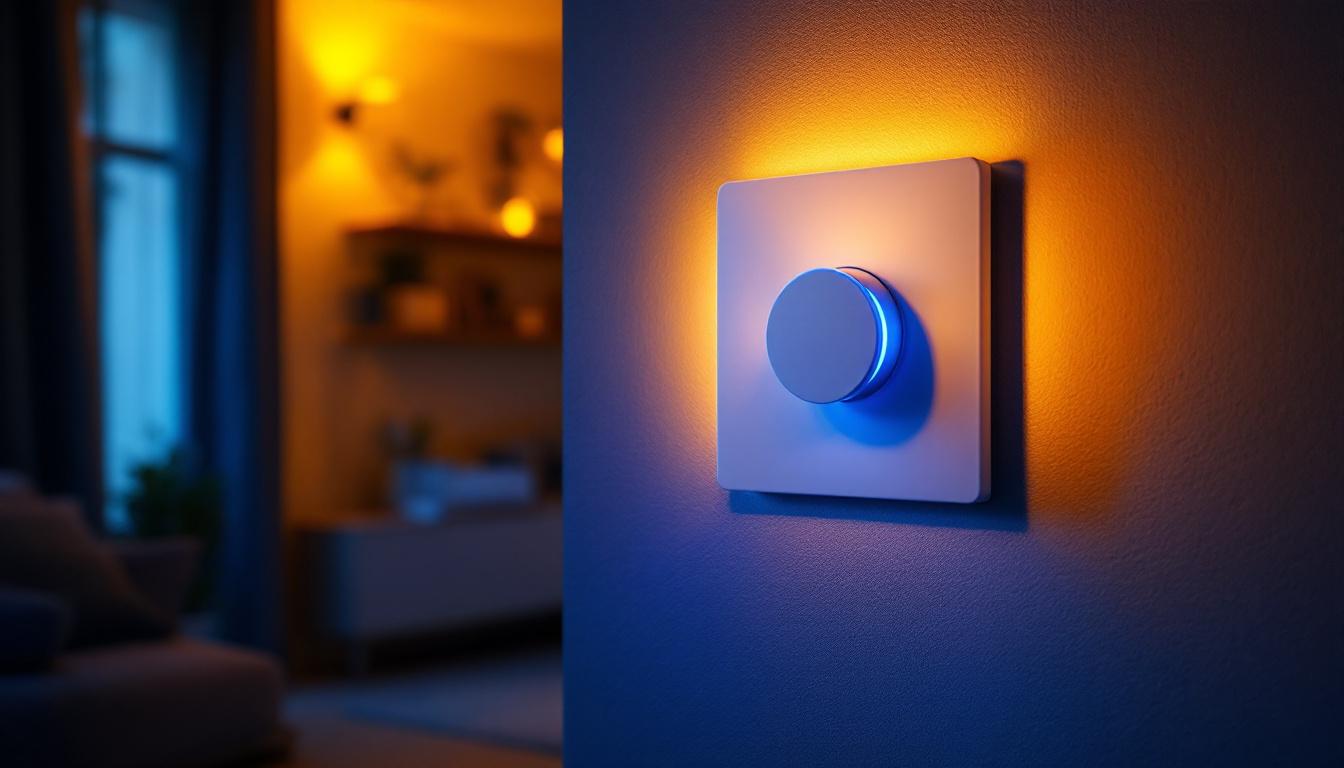
Discover how the dimmer LED switch is revolutionizing the lighting industry with its energy efficiency, customizable ambiance, and extended bulb lifespan.
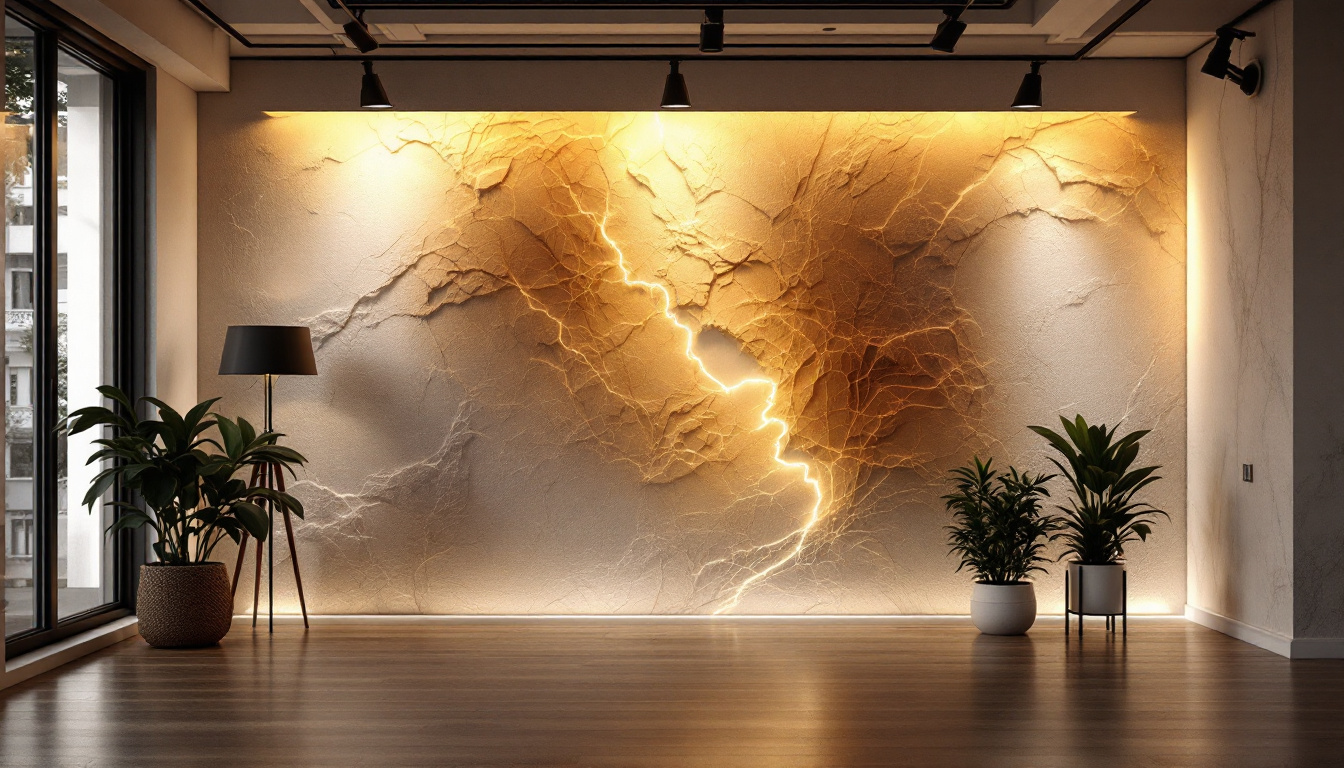
Discover the essentials of Lit Wall technology in just five minutes with this concise guide tailored for lighting contractors.
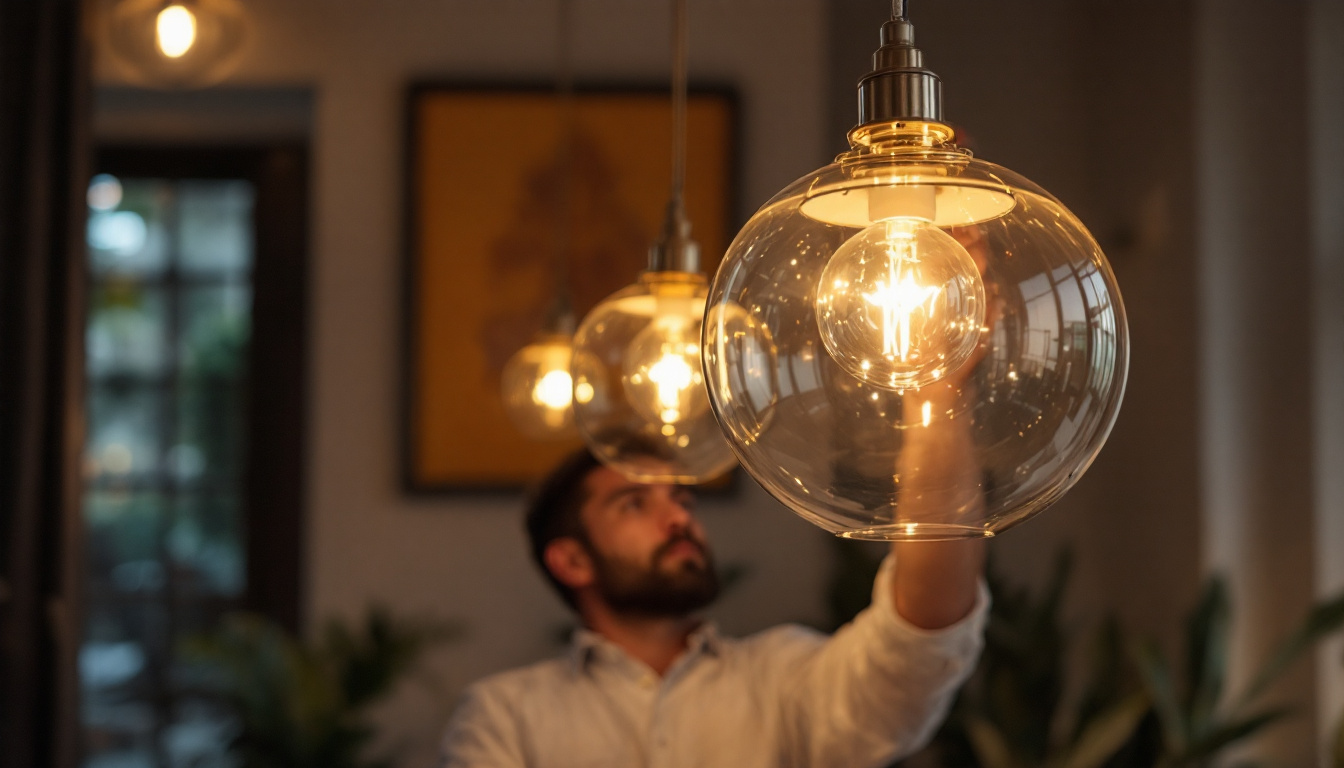
Discover how glass silver hanging light fixtures can transform your projects and elevate your business.